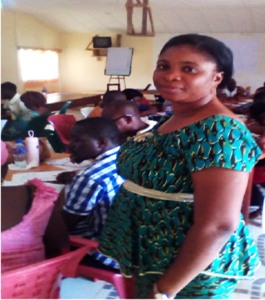By P. Lincoln Nyanrue Jr., [email protected]
Stakeholders of the southeastern region of Liberia have concluded a three-day regional gender response budgeting training in Zwedru, Grand Gedeh County.
It was organized by the Ministry of Internal Affairs through the decentralization and de-concentration program of the government of Liberia.
Speaking to our correspondent in Zwedru, the Gender Specialist on decentralization support program at the Ministry of Internal Affairs, Charlyn Davis Wozie, said the purpose of the training is to acknowledge fiscal superintendents, project planners, and gender coordinators of Liberia.
She said this will also place youth and women leaders along with people living with disabilities in key decision-making in their respective counties.
Wozie said the participants were drawn from River Cess, Sinoe, Mary Land, Grand Kru, River Gee and host Grand Gedeh Counties.
According to her, women, youth and disable have to some extent been marginalized of equal participation during county sitting where development issues are discussed, only allowing them to serve as observers without making any input during these processes.
Charlyn Wozie further stated that the ministry has designed this training across the country for inclusive participation of key stakeholders in decision making processes so as to have their platform addressed for their respective districts and towns developments.

The Gender Specialist at the Ministry of Internal Affairs urged the trainees to pass on the knowledge acquired to their organization members in order for them to form part of budget hearing, county development sitting and other community development processes.
For her part, Massa Fofana Johnson, Director/Gender Focal Person at the Ministry of Internal Affairs said the regional gender responses budgeting training is the first of its kind.
Madam Johnson then promised the Ministry and partners will continue to support in building the capacity of stakeholders on development programs.
She said that the training started Monday and ended on Wednesday (July 3-5, 2017) and brought together over 40 people with supports from the United Nations Women, European Union (EU) and others partners.

